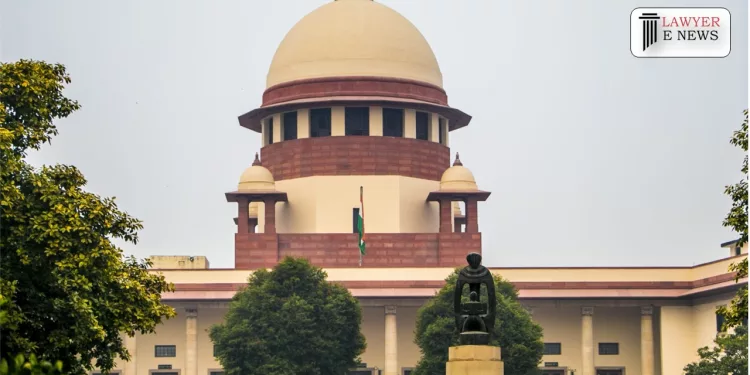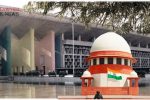Supreme Court Upholds Punjab Vidhan Sabha’s Authority in Legislative Process: Governor Must Act Within Constitutional Limits in Punjab Legislative Matters

In a landmark judgment Supreme Court of India underscored the constitutional limitations of the Governor in the legislative process, particularly focusing on the recent disputes involving the Punjab Vidhan Sabha. The apex court, led by Chief Justice Dr. Dhananjaya Y. Chandrachud, declared that the Governor of Punjab must act “as soon as possible” on Bills passed by the State Legislature, reinforcing the democratic fabric of the legislative procedure.
The judgment came in response to a petition filed by the State of Punjab, challenging the Governor’s inaction on four Bills passed by the Vidhan Sabha and the refusal to recommend the introduction of certain Money Bills. The Court meticulously analyzed the constitutional role of the Governor, the distinction between adjournment and prorogation of legislative sessions, and the exclusive domain of the Speaker in regulating the procedure of the House.
Chief Justice Chandrachud observed, “The Governor is intended to be a constitutional statesman, guiding the government on matters of constitutional concern.” This statement highlights the Court’s emphasis on the symbolic role of the Governor, bound by the ‘aid and advice’ of the Council of Ministers, except in areas where the Constitution allows discretionary powers.
The judgment also clarified the legal standing of reconvening the Punjab Vidhan Sabha by the Speaker after an adjournment sine die. The Court noted, “The Speaker is empowered in public interest to call a meeting of the Vidhan Sabha before the day to which it has been adjourned or at any time after it has been adjourned sine die,” thereby affirming the Speaker’s autonomy in legislative matters.
This verdict is seen as a significant step in reinforcing the principles of federalism and democracy, which are integral to India’s constitutional framework. It not only resolves the immediate constitutional crisis in Punjab but also sets a precedent for the functioning of state legislatures and the role of Governors across India.
The Supreme Court directing the Governor of Punjab to act on the Bills presented for assent in a manner consistent with Article 200 of the Constitution. This decision is expected to have far-reaching implications on the interplay between state legislatures and Governors, especially in matters of legislative procedure and constitutional governance.
Date of Decision: 10th November 2023
STATE OF PUNJAB VS PRINCIPAL SECRETARY TO THE GOVERNOR OF PUNJAB AND ANOTHER






